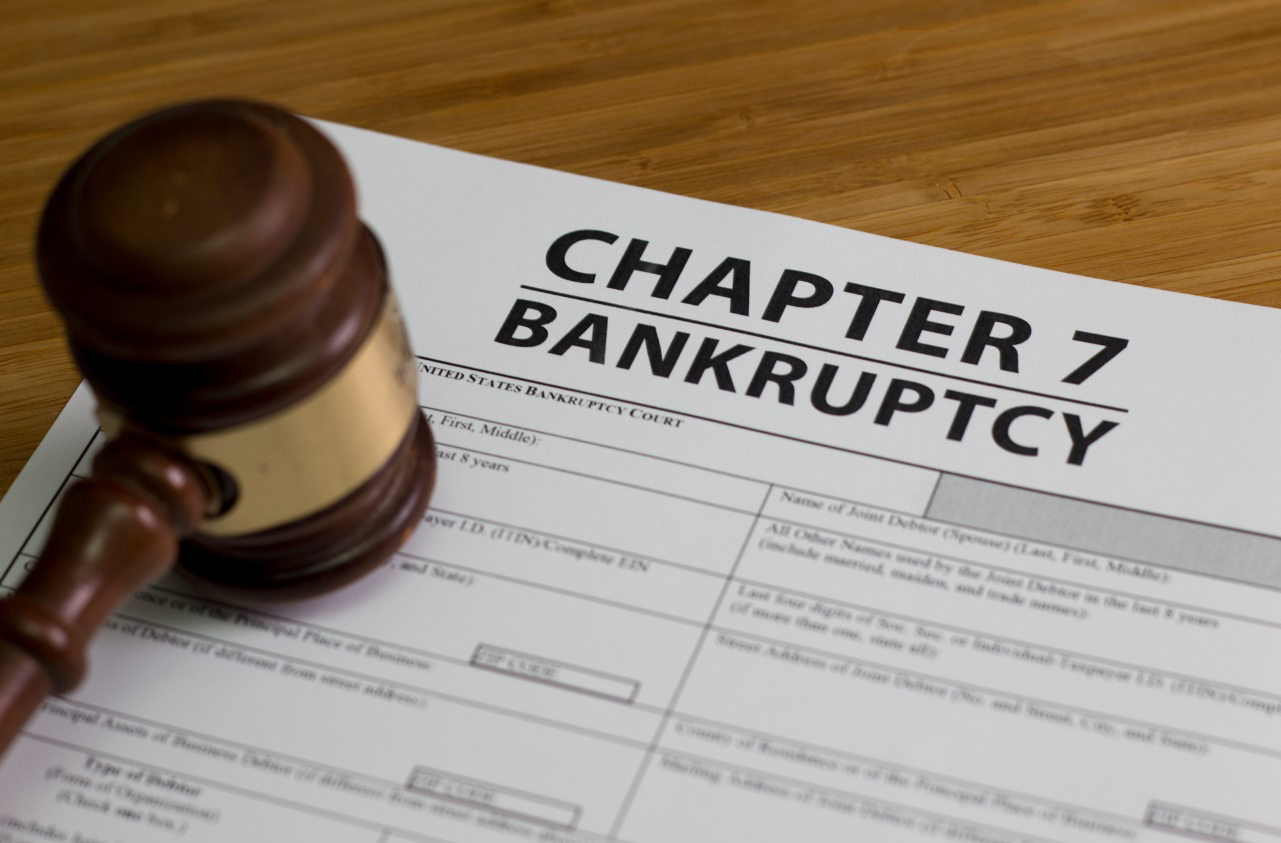Filing for Chapter 7 bankruptcy offers relief to those overwhelmed by debt by liquidating assets to repay creditors and start fresh financially. However, this decision impacts credit, finances, and overall well-being. Before filing for bankruptcy, it is vital to understand the ramifications, consider other possibilities, and assess how it will affect different facets of life.

Key Takeaways
- Chapter 7 bankruptcy offers debt relief by liquidating non-exempt assets.
- Understanding the implications and steps involved is crucial for those considering this option.
- Bankruptcy can affect credit scores, future financial planning, and personal well-being.
- Alternatives to bankruptcy may be worth exploring for some individuals.
What is Chapter 7 bankruptcy?
Chapter 7 bankruptcy, or liquidation bankruptcy, allows individuals to eliminate unsecured debts like medical expenses and credit card debts. Selling non-exempt assets is required, so understanding which assets can be protected through exemptions is crucial. You should seek guidance from a bankruptcy lawyer Plymouth to navigate this process successfully. Unlike Chapter 13, bankruptcy, which involves a five-year repayment plan, Chapter 7 typically concludes in a few months, providing a faster resolution for eligible individuals. Qualification is determined by a means test comparing earnings to the state’s average income, with those below the median possibly qualifying. Understanding the process, qualifications, and potential impact on personal belongings and financial stability is essential.
Impacts on Credit and Financial Health
Filing for Chapter 7 bankruptcy can lower your credit score by over 100 points, impacting future opportunities like buying a home or getting new credit. Despite this, you can start rebuilding your credit after the process ends. Consider credit counseling, pay your payments on time, and obtain a secured credit card. You may improve your financial status and enhance your credit score with time and effort.
Navigating Legal and Emotional Challenges
Navigating Chapter 7 bankruptcy involves the means test, asset assessment, and creditor meetings, requiring thorough preparation and professional help. Bankruptcy can bring stress, anxiety, and feelings of failure. Coping methods like yoga, therapy, and support groups offer emotional relief and solidarity during this challenging period.
Alternatives to Chapter 7 Bankruptcy
Chapter 7 bankruptcy is one way to get rid of debt, but there are less harsh options, including debt consolidation or talking with creditors. These alternatives can provide relief without long-term impacts on credit. Consider exploring different options based on your financial situation.
Understanding Asset Exemptions
Asset exemptions are a crucial part of the Chapter 7 bankruptcy process. These exemptions determine which personal properties can be retained, safeguarding essentials like your home, car, and personal belongings. Each state has its list of exemptions, and understanding what assets are protected is vital to ensuring you retain as much as possible post-bankruptcy.
By exploring and comprehensively understanding these exemptions, individuals can strategically file for bankruptcy without relinquishing all of their assets.
Preparing for Life Post-Bankruptcy
Adjusting to life after bankruptcy requires careful planning and dedication to new financial practices. This includes setting realistic financial goals, adhering to a stringent budget, and fostering a savings habit. These measures help maintain newfound financial stability and contribute to a healthier financial future.
Embracing financial education and practicing diligent budgeting can lead to a more secure life after bankruptcy, transforming it into a turning point toward economic recovery and growth.
Seeking Professional Guidance
Professional support is invaluable both during and after the bankruptcy process. Bankruptcy attorneys play a crucial role in traversing the legal landscape, while financial advisors can assist with strategic planning for long-term economic health. To fully utilize their experience, select experts who share your interests and provide services tailored to your financial and legal circumstances.